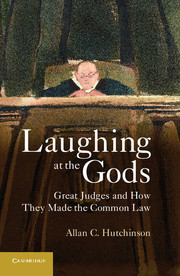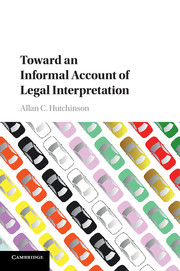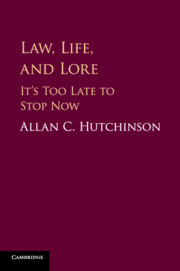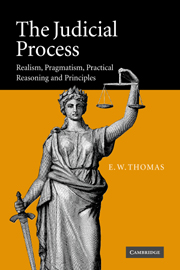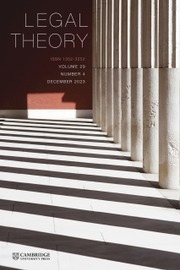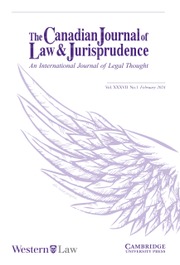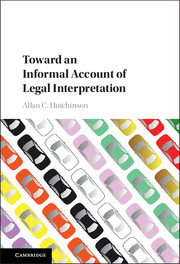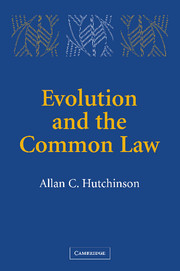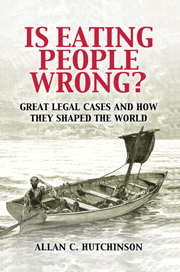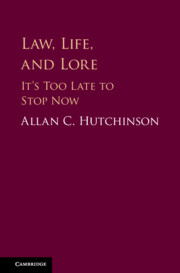Laughing at the Gods
Any effort to understand how law works has to take seriously its main players – judges. Like any performance, judging should be evaluated by reference to those who are its best exponents. Not surprisingly, the debate about what makes a 'great judge' is as heated and inconclusive as the debate about the purpose and nature of law itself. History shows that those who are generally considered to be candidates for a judicial hall of fame are game changers who oblige us to rethink what it is to be a good judge. So the best of judges must tread a thin line between modesty and hubris; they must be neither mere umpires nor demigods. The eight judges showcased in this book demonstrate that, if the test of good judging is not about getting it right, but doing it well, then the measure of great judging is about setting new standards for what counts as judging well.
- Looks behind the mystery of the law to put a human face on law
- Shows law as a messy and pragmatic social practice rather than a detached exercise in formal rule-application
Reviews & endorsements
"Too little is written about the more interesting personalities of the law, particularly its most cloistered members, the judges. From amongst the thousands of potential candidates who have worked in the common law courts during the 300 years covered by this work, Professor Hutchinson has picked an eclectic mixture of eight individuals to illustrate his theme that character not learning is the key to judicial greatness. [His] evaluations and commentary on each of them are as idiosyncratic as the author himself, and just as entertaining."
Honorable Mr Justice William Ian Corneil Binnie, Supreme Court of Canada (retired)
"The book is both original and important. It will be well-received by anyone interested in law, legal institutions, and the craft of judging. More generally, Hutchinson shows how law and its personnel respond over time to changing conditions and expectations. Readers of all backgrounds will relish the human aspects of the common law and appreciate the social impact of the work of those judges whose stories are told here."
Professor Amanda L. Tyler, George Washington University Law School
"A fascinating book, as much about the nature of greatness as about what makes for a great judge. Maverick and stubborn, greatness seems to lie also in the ability to make the innovative and previously unforeseen solutions seem absolute common sense. A persuasive account of eight great judges, providing food for thought about their legacies."
Rebecca Huxley-Binns, Times Higher Education
Product details
February 2012Hardback
9781107017269
328 pages
235 × 158 × 22 mm
0.64kg
24 b/w illus.
Available
Table of Contents
- 1. Introduction
- 2. Lord Mansfield
- 3. John Marshall
- 4. Oliver Wendell Holmes, Jr
- 5. James Atkin
- 6. Tom Denning
- 7. Thurgood Marshall
- 8. Bertha Wilson
- 9. Albie Sachs
- 10. Conclusion.

